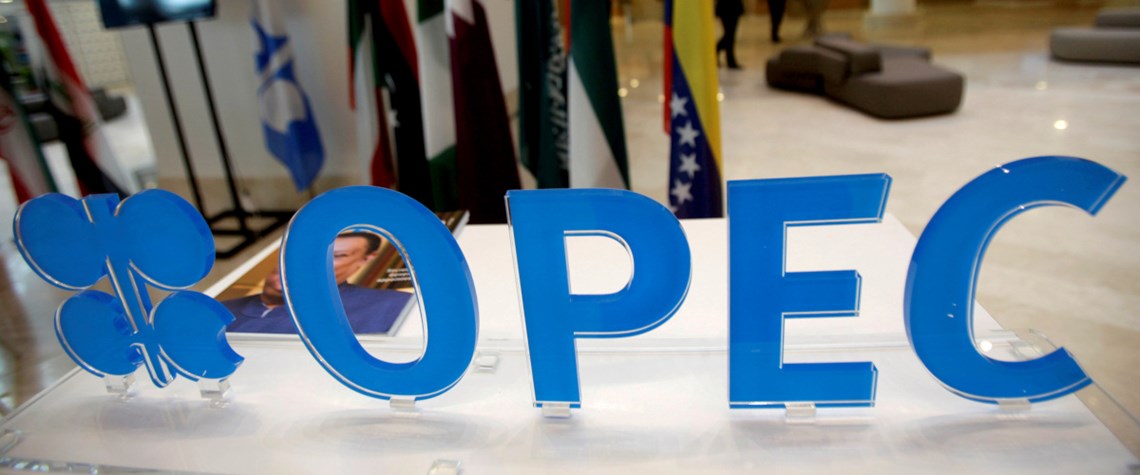Iran, the UAE and Libya to pose Opec+ headaches
Covid-19 has forced Opec+ to weather unprecedented oil demand destruction and oversupply. 2021 will be equally as challenging
To claim Covid-19 has clashed with the interests of Opec+ producers through 2020 is a blunt understatement when considering the struggles faced by the organisation through the year. Stark demand destruction—in excess of 10mn bl/d through much of 2020—was only made worse by a short-lived Saudi–Russian price war during April. The combination helped to explode the size of global inventories while simultaneously pushing spot prices to levels not seen in over a decade. As a result, Opec+ has been forced to undergo historic production restraint to assist in the market rebalancing effort. Despite recent improvements in the marginal oil supply-demand balance, the producers’ club will face several is

Also in this section
27 February 2026
LNG would serve as a backup supply source as domestic gas declines and the country’s energy system comes under stress during periods of low hydropower output and high energy demand
27 February 2026
The assumption that oil markets will re-route and work around sanctions is being tested, and it is the physical infrastructure that is acting as the constraint
27 February 2026
The 25th WPC Energy Congress to take place in tandem as part of a coordinated week of high-level ministerial, institutional and industry engagements
27 February 2026
The deepwater sector must be brave by fast-tracking projects and making progress to seize huge offshore opportunities and not become bogged down by capacity constraints and consolidation







